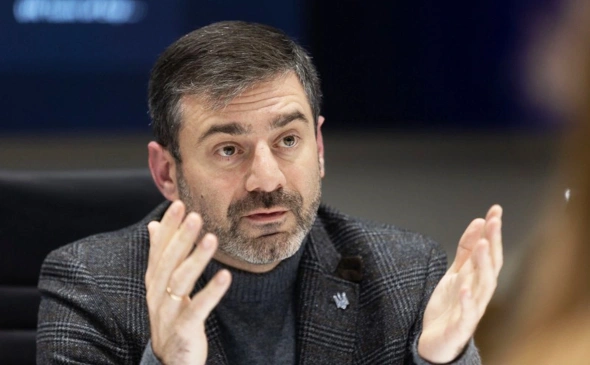Ukrainian ombudsman: Turkey has offered to open a humanitarian corridor for the wounded
A humanitarian corridor for the return of civilians and wounded soldiers to Russia and Ukraine could be opened in Turkey, Ukrainian ombudsman Dmitry Lubinets said. Tatyana Moskalkova said she had not discussed its creation.
Turkish authorities have offered to launch on their territory a humanitarian corridor between Russia and Ukraine for the return of wounded military and civilians, Ukrainian ombudsman Dmytro Lubinets said on the air of the national telethon.
“The idea of the Turkish side looks like they want to become mediators. They want to use their channels of communication with the Russian authorities and civilians or wounded military personnel could first return from Russia to Turkey, and after that they would return to Ukraine,” Lubinets said (quoted by UNN). He noted that so far this is only a proposal, which the parties are discussing.
In an interview with “Ukrinform” Lubinets noted that the idea of creating a humanitarian corridor arose during communication with the Russian Commissioner for Human Rights Tatyana Moskalkova and his Turkish colleague Sheref Malkoc in Ankara. Turkish President Recep Tayyip Erdoğan previously said he supported its opening and intended to discuss the proposal with the leaders of Ukraine and Russia. Erdogan noted that the corridor could be used by the wounded from other countries: Syria, Azerbaijan and Libya.
According to Lubinets, Turkey “has certain opportunities to influence Russia’s position on certain issues so that it implements the agreements, strengthens the processes. He noted Ankara’s mediation of a product deal allowing for the withdrawal from Ukrainian ports of grain stuck in the country after the outbreak of hostilities.
Lubinets and Moskalkova held several rounds of talks in Turkey. On January 12, the Russian ombudsman said that the subject of the humanitarian corridor was not discussed at these talks, and that the issues of a “global, strategic nature” were discussed by the military departments of the countries. The U.S. commissioner called on Russia “not to replace government agencies, but to act in a well-coordinated manner.
